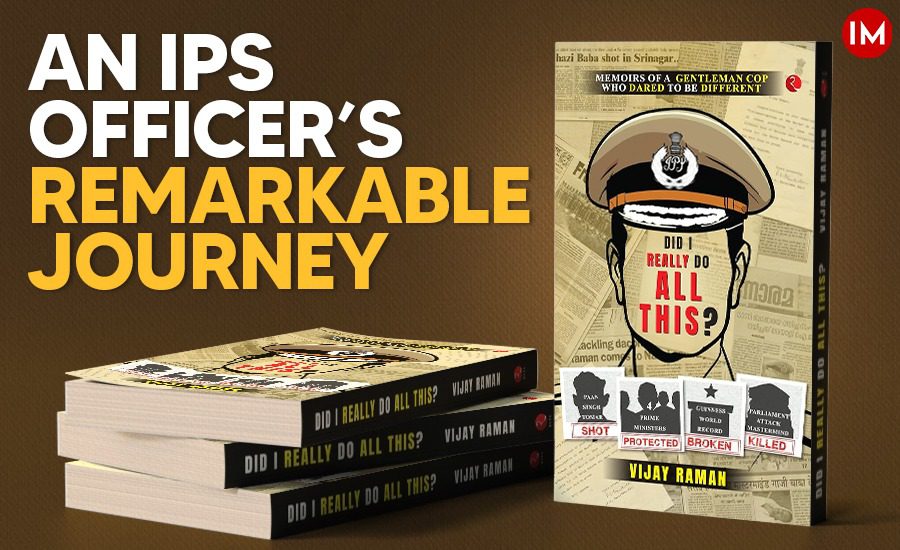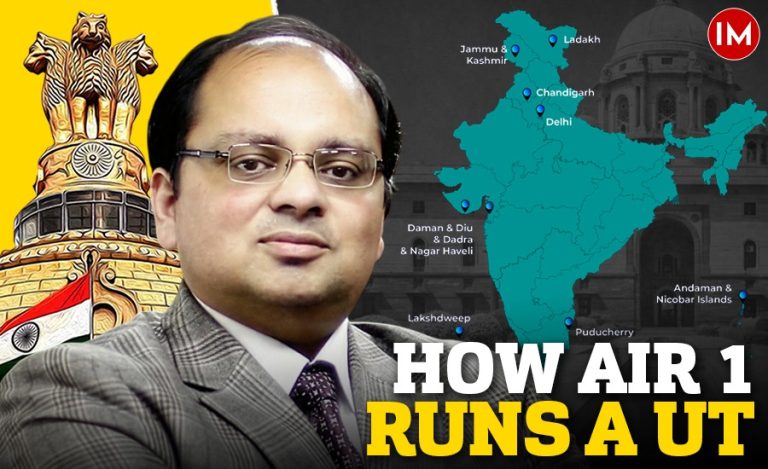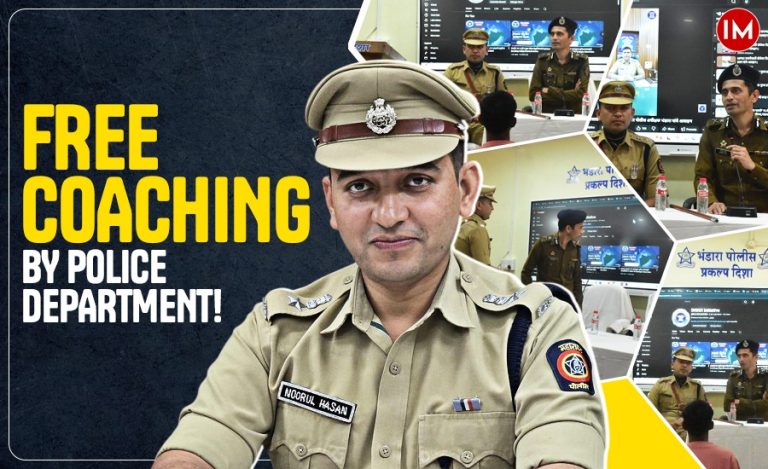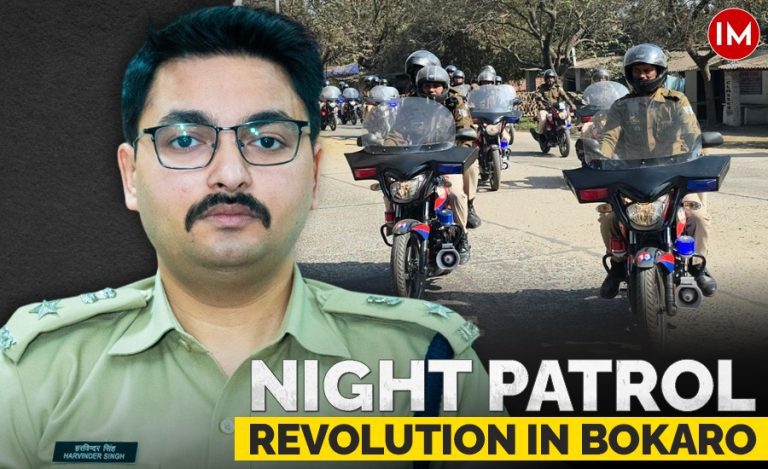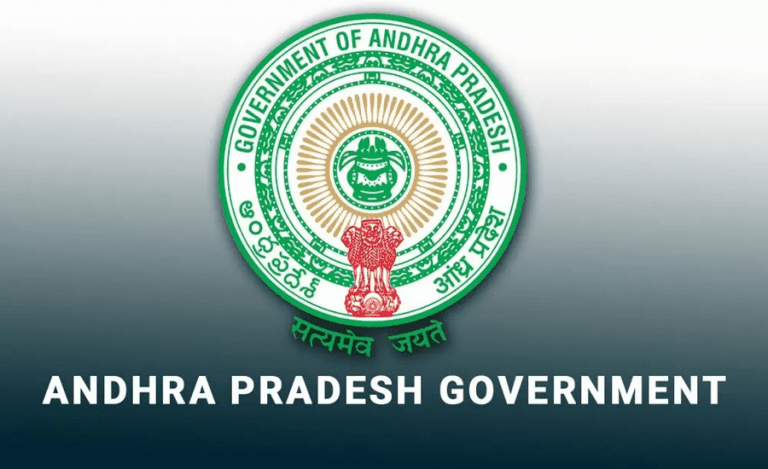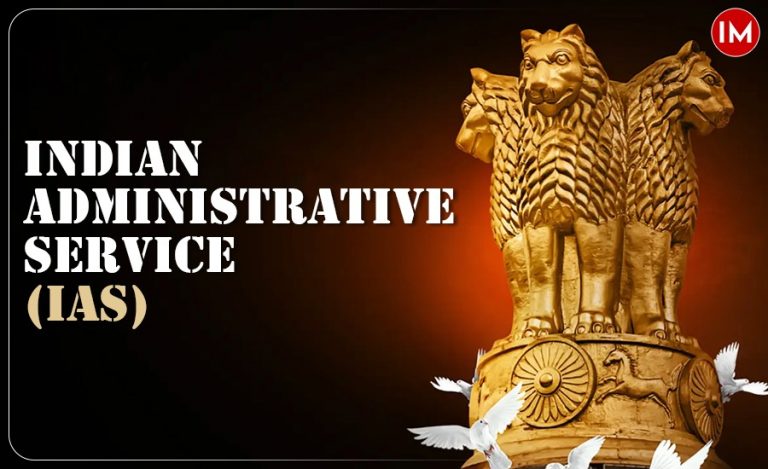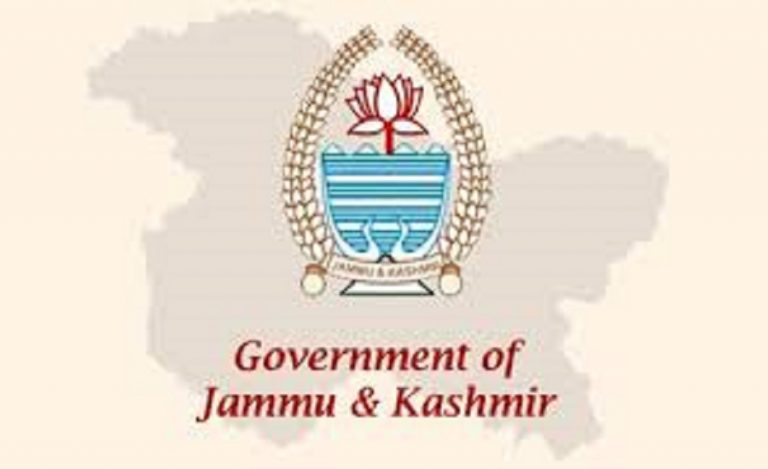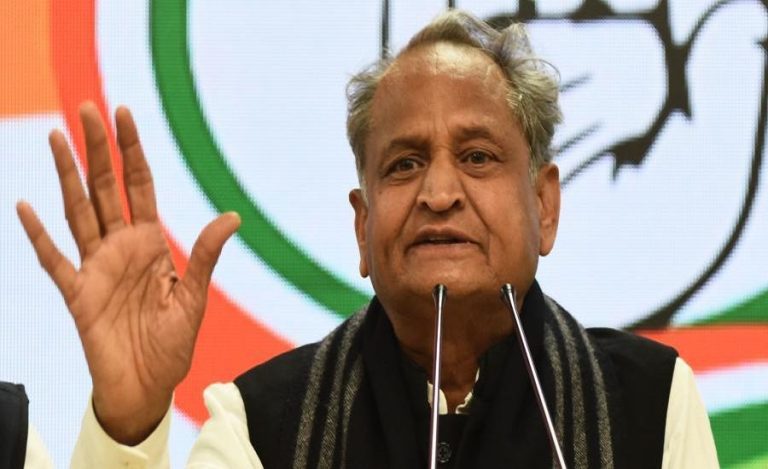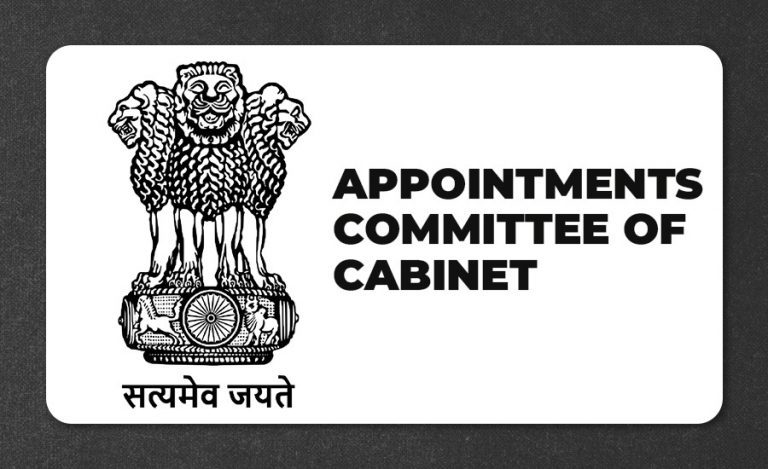Did I Really Do All This? by late IPS officer Vijay Raman is a book that offers an unembellished look into the life of an extraordinary officer. For those intrigued by the complexities of policing in India or the life of a bureaucrat, this memoir is both engaging and enlightening. Vijay Raman’s story spans decades of service, challenges, and personal growth, making it a fascinating read for anyone interested in the nuances of public administration and law enforcement.
Vijay Raman was a 1975-batch IPS officer of the Madhya Pradesh cadre. His memoir begins with an intimate account of his childhood, growing up in a family where his father’s expectations shaped his life choices. While Vijay aspired to be a lawyer, his father envisioned a more prestigious role for him—a gazetted officer. This early conflict became the driving force that led him to prepare for the UPSC Civil Services Examination. The book captures his preparation journey, detailing his experiences with the exam and the intense interview process, culminating in his selection as an IPS officer.
The book moves on to his rigorous training at the Lal Bahadur Shastri National Academy of Administration (LBSNAA) and the Sardar Vallabhbhai Patel National Police Academy. These chapters provide a behind-the-scenes look at the grooming of India’s bureaucrats and law enforcement officers, giving readers a sense of the discipline and endurance required.
Raman’s professional life is filled with high-stake challenges, and the book does justice to these moments by detailing his experiences with remarkable clarity. From his early days in Chambal, encountering the infamous dacoit Paan Singh Tomar to the surrenders of Daku Malkhan Singh and Phoolan Devi, the memoir paints a vivid picture of life as a police officer in some of India’s most volatile regions. His role in the surrender of several dacoits is described in a matter-of-fact manner, highlighting the negotiations and strategies that went into such operations.
One of the book’s most gripping sections is his account of eliminating Ghazi Baba in Jammu and Kashmir, the mastermind of the 2001 Parliament attack. The operation showcases the precision, teamwork, and courage required in such missions. Equally compelling is his involvement in investigating the Vyapam scam, though these chapters lack the depth of earlier ones. This is likely due to Mr. Raman’s declining health toward the end of his life, which affected the detailing of these events.
The book also highlights his time leading elite forces such as the Border Security Force (BSF), Central Reserve Police Force (CRPF), and Special Protection Group (SPG). As the head of the SPG, he was entrusted with the critical responsibility of providing security to four Prime Ministers of India.
The memoir also touches on his personal life, adding a layer of relatability to the narrative. Raman writes about his relationship with his wife, Veena, whose contributions to the book provide a fresh perspective. Her anecdotes about their shared experiences, interspersed throughout the memoir, give readers a glimpse of the man behind the uniform. These sections, along with photographs that capture key moments of his life, make the narrative more intimate and engaging.
However, the book isn’t without its uneven moments. One chapter, in particular, diverges from the central theme: Vijay Raman’s Guinness World Record for circumnavigating the globe. While this achievement is undeniably impressive, the level of detail given to it may feel excessive for readers more invested in his policing career. The transition to this chapter feels abrupt and disrupts the otherwise cohesive narrative flow.
Mr. Raman’s observations on casteism in India are also thought-provoking, as he reflects on how social hierarchies affect governance and law enforcement. His ability to present these issues with clarity and without melodrama is commendable, as is his even-handed take on the often-contentious relationship between the media and the police.
The writing style is straightforward and accessible, making the book an easy read for audiences of all backgrounds. Mr. Raman avoids unnecessary dramatisation, opting instead for an honest recounting of events. This simplicity, combined with Veena Raman’s occasional interjections lend the narrative a conversational tone that feels both authentic and relatable.
Despite a few shortcomings, such as the less-detailed final chapters, Did I Really Do All This? remains a compelling read. The book offers an insightful look into the life of an IPS officer, capturing both the professional challenges and personal sacrifices that come with the role.
The Late Vijay Raman’s memoir remains an absorbing read for those interested in the complexities of law enforcement, leadership, and public service in India. It is a candid portrayal of a life dedicated to service, enriched by courage, determination, and an enduring commitment to justice.

